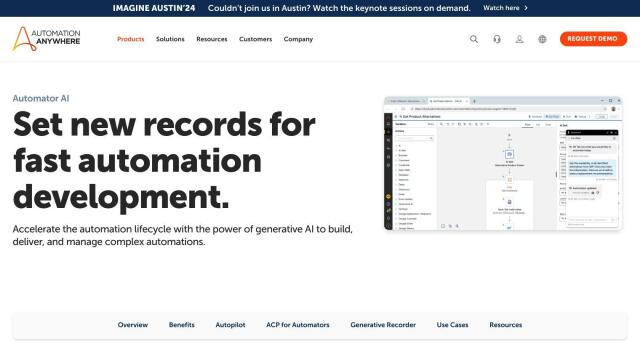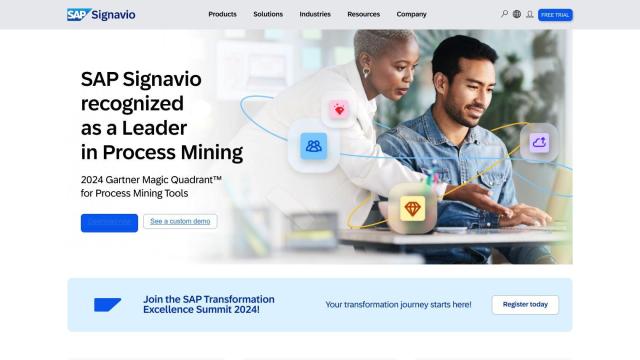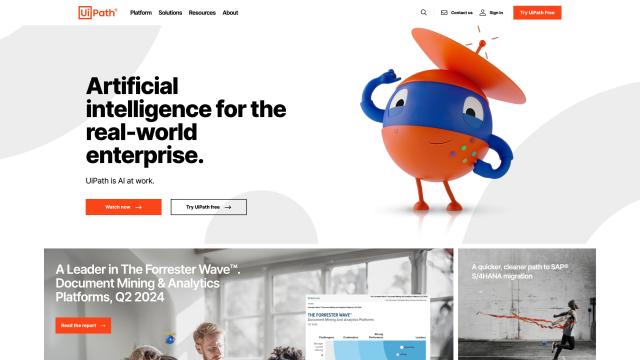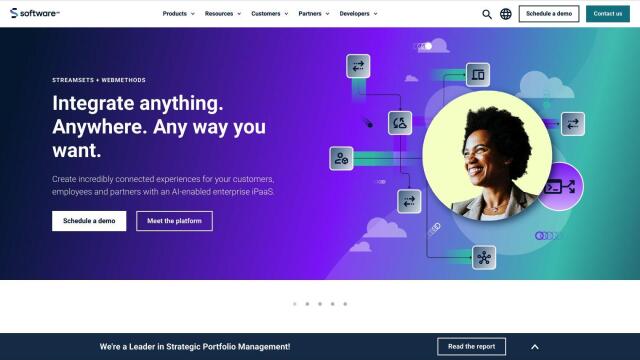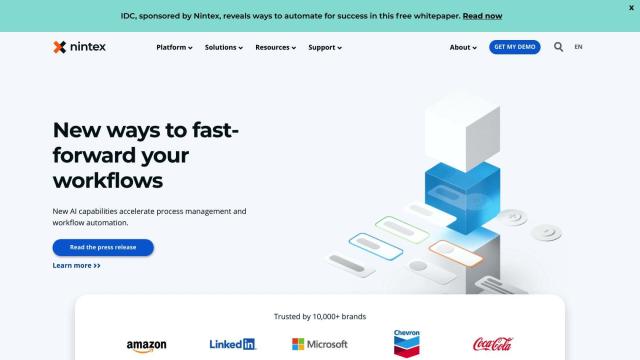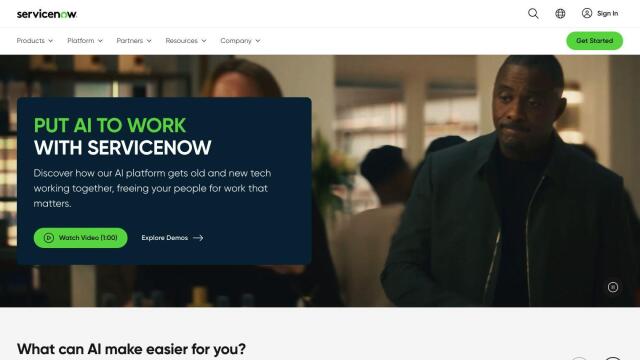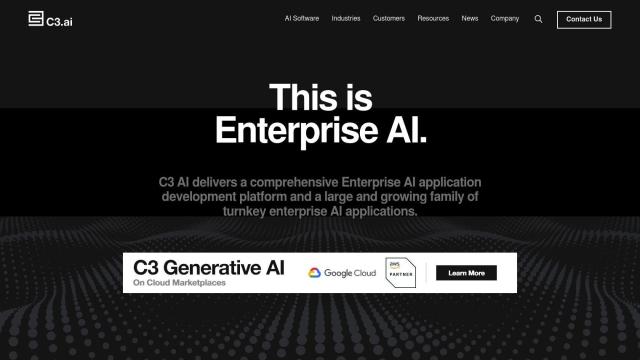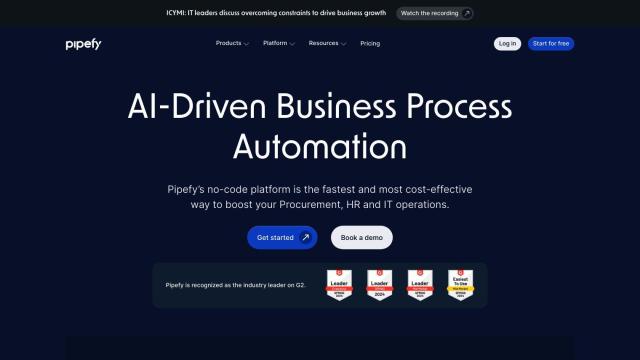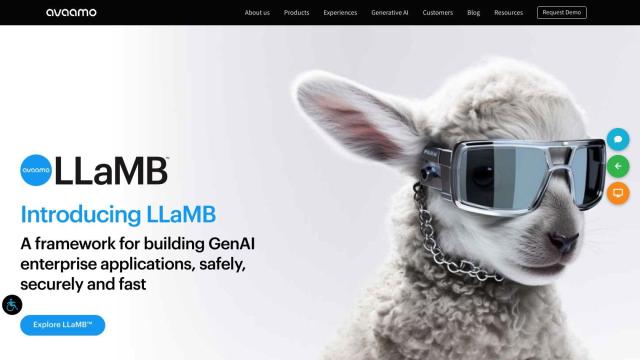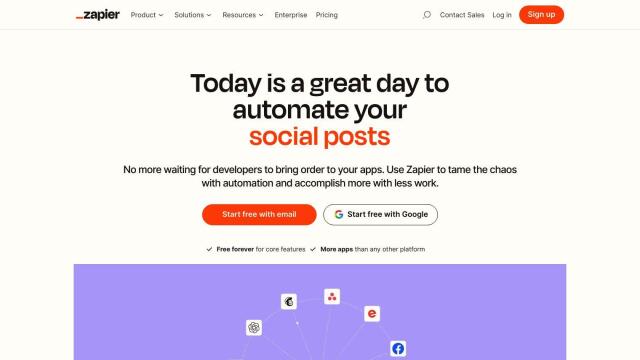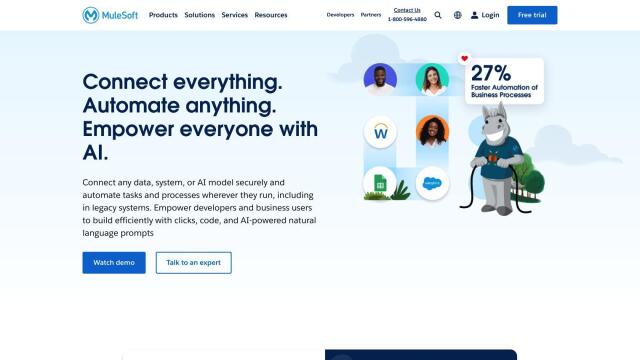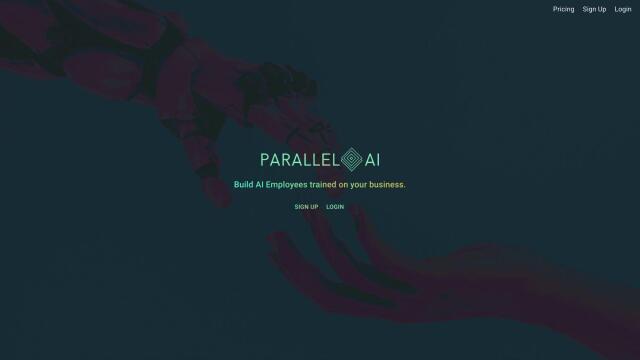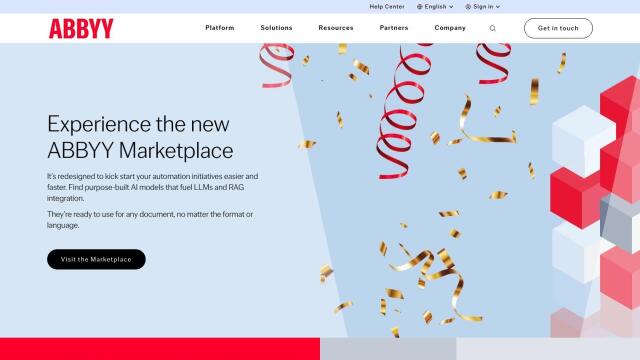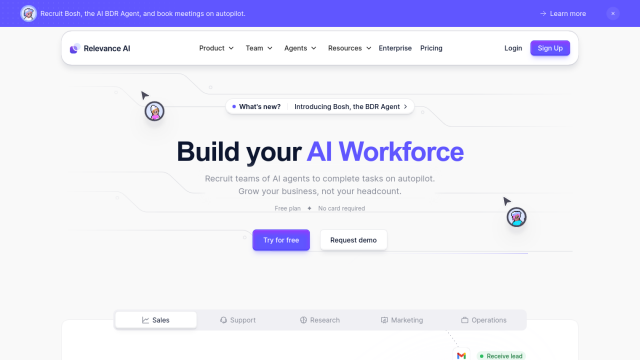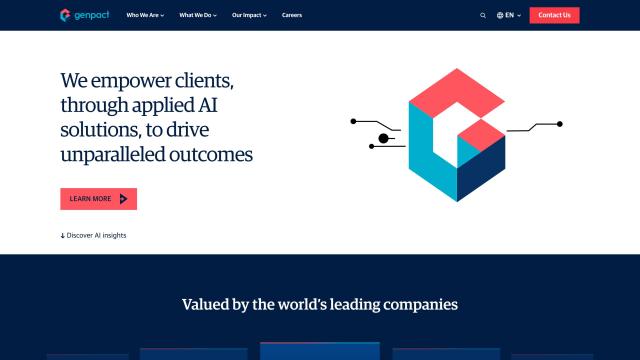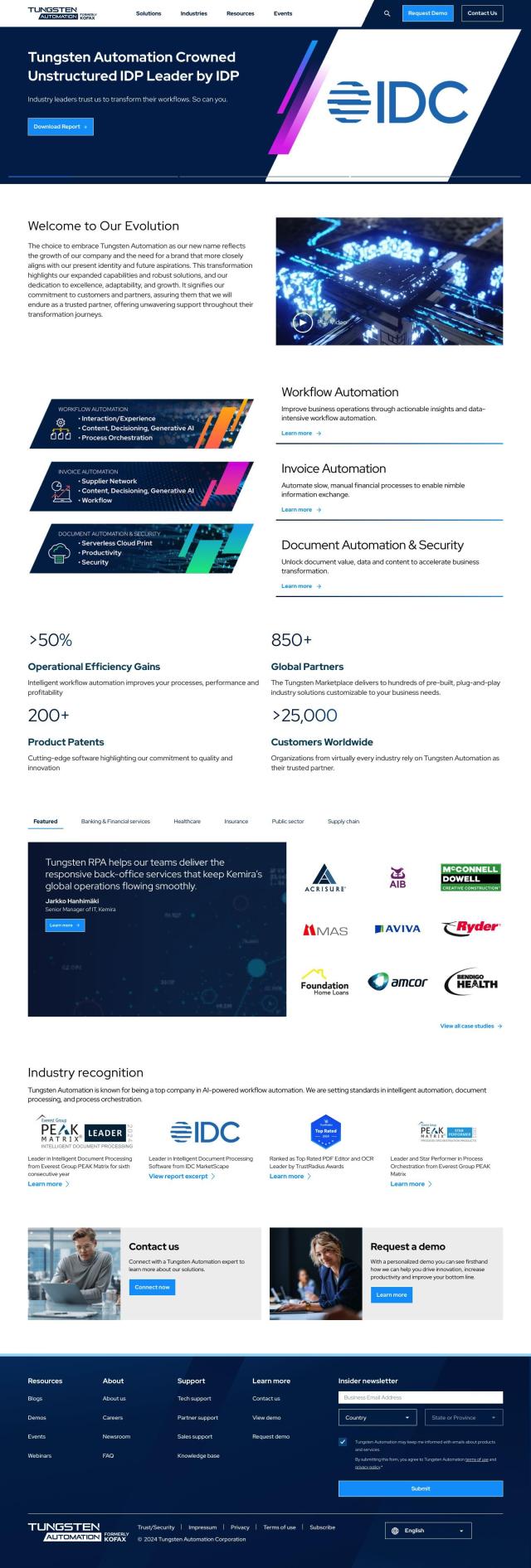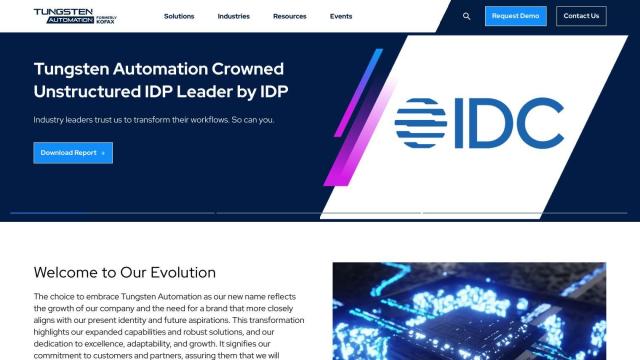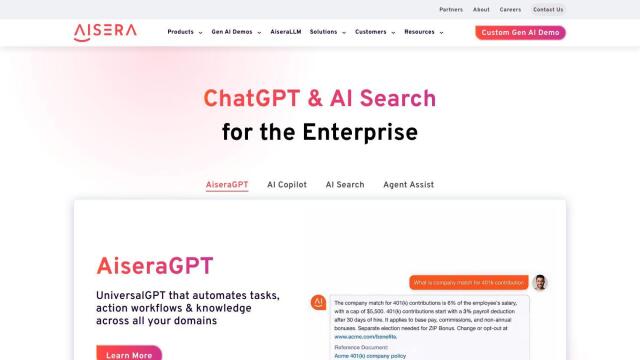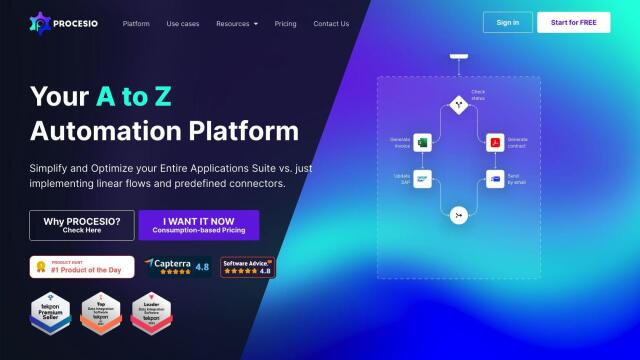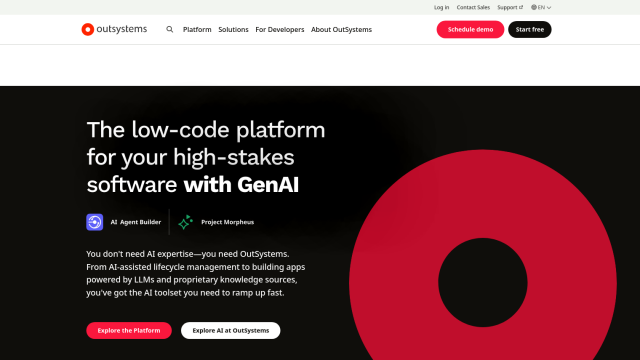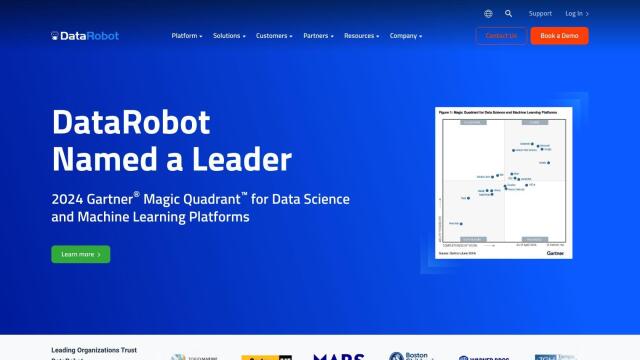Question: I'm looking for a platform that can automate complex business processes across multiple departments and provide real-time insights.

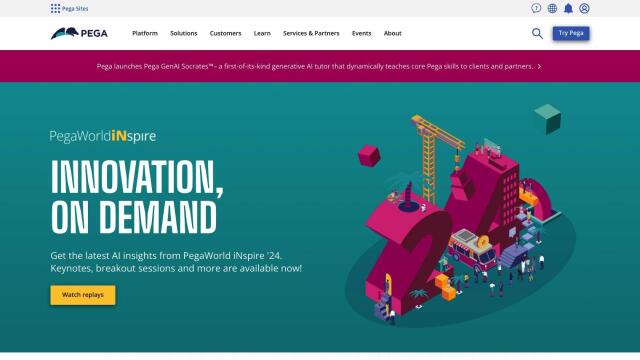
Pega
If you want a platform to automate complex business processes spanning multiple departments and provide real-time insights, Pega is a good choice. Pega has a broad range of tools, including workflow automation, AI-powered decisioning, low-code development and process AI, that make it a good fit for large enterprises. It serves many industries and addresses many business challenges like personalizing customer engagement and optimizing operations.

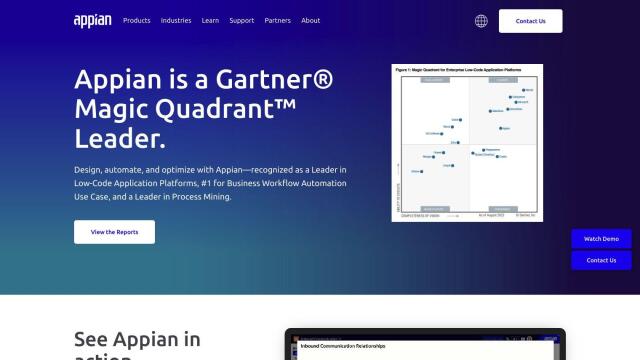
Appian
Another good contender is Appian, a low-code platform that automates, optimizes and orchestrates complex processes across industries. With tools like Data Fabric for data integration, Process Automation with integrated RPA and AI, and Process Mining for finding bottlenecks, Appian is highly rated by industry analysts and has been profiled in major publications. It's also good at delivering projects quickly and handling high volumes of transactions reliably.

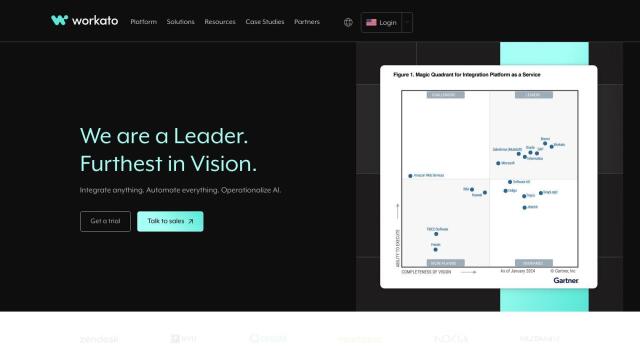
Workato
Workato is another good option, particularly if you need to automate processes spanning multiple teams and applications. It has more than 1200 pre-built connectors and accelerators, and AI to democratize transformation. With a scalable architecture, end-to-end security and community support, Workato is a good choice to reduce operational costs and downtime while handling complex workflows.

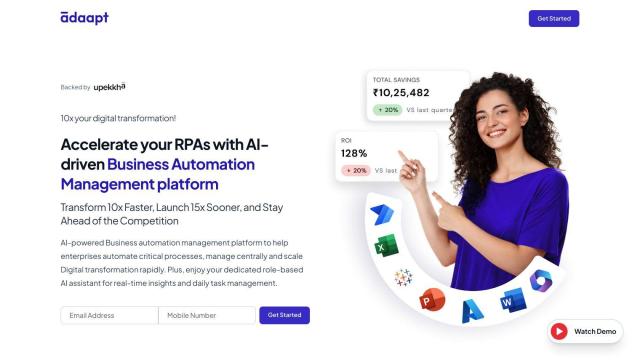
Adaapt
For a more AI-infused approach, you might want to look at Adaapt, which automates critical processes and offers centralized integration, real-time alerts and department-level KPI tracking. With a track record of big ROI and error reductions, Adaapt offers flexible automation options for complex, multi-department processes, ensuring business reliability and continuity.

